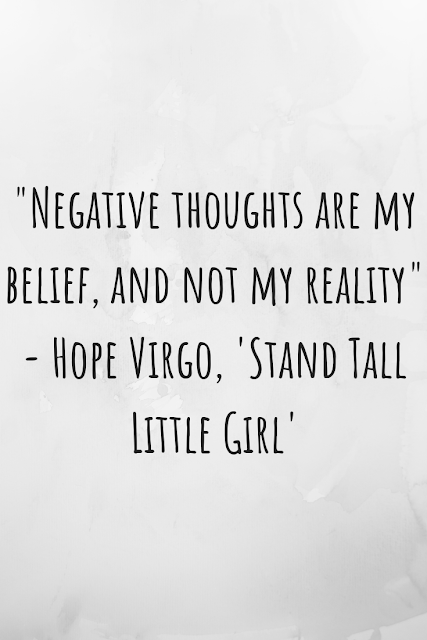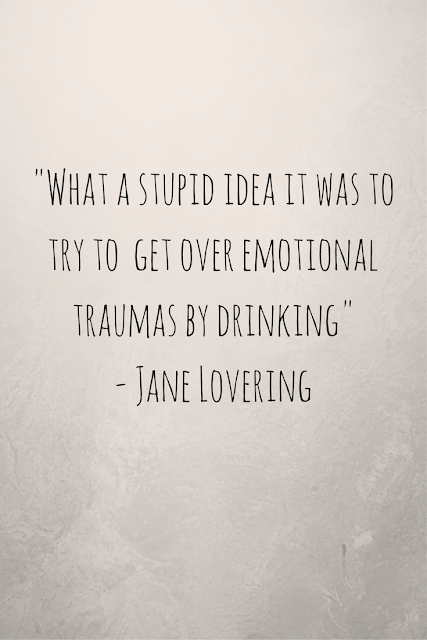It has been a few months since I've read this, but all the plot strands and my FEELINGS came rushing back to me as soon as I picked the book up again. Although I think that speaks for itself a little bit, I'm going to hammer home the fact that I adored this book and it surpassed all the expectations I had for it.
Finch and Violet meet on the ledge of the bell tower at their school. Finch is well known at school for struggling with his mental health, being a bit rowdy and all in all a little out of the ordinary. Violet on the other hand spends all of her time desperate not to be noticed. When Finch realises he's not alone up there, he coaxes Violet off the ledge, and lets everyone think that she came up to the bell tower to save him to stop rumours spreading.
You see, Violet's had a tough time of it recently. After losing her sister, she's struggling to know who she is, and what she wants to do. Finch and Violet are paired to work together on a school project, and it helps her more than she ever imagined. Violet's survivor's guilt is extreme, and Finch helps her to see the brighter side of things, but things aren't going so well for Finch. Suffering with undiagnosed bipolar disorder, he sets out on a downward spiral that only Violet even begins to comprehend.
I won't lie, I spent the last 100 pages of this book crying. I mean full on weeping. Ironically I picked it off my shelf because another book looked 'too sad', but I did read this when I had the flu so maybe that's partly responsible for the heartbreak?
There were SO many things in this book that I feel are really important to include in books, especially YA books that are likely to be read by young people who may be struggling with their mental health:
1.) Friendship is important, and it can help (or it can hinder). You're never alone no matter how much you think you are.
2.) Bipolar disorder is not rapid: you don't necessarily switch moods over and over again instantly every day, like how it's often portrayed. Through the dialogue that Finch has with his counsellor, we learn a lot about being bipolar, how it can affect people differently, and ways to cope with it.
3.) There are chapters from Finch's perspective. We're not outsiders looking on to a third person character that sits in the background with a mental illness: Finch is at the very heart of it, and we even get insights to his diary and deepest thoughts on his struggles.
4.) There's no easy cure. No matter how much you love someone or how much you try or how much they try, mental illness can warp things and make everything very difficult.
5.) There is a barrier between young adults and adults in their community (their parents, teachers etc). I hope that one day this softens, especially in the UK with the whole ideal of the 'stiff upper lip'. Teens are expected to just deal with life when hormones and school pressures make it almost impossible.
There are so many more points I could pick out but I already feel like I've spoken too long on this! If you haven't guessed already, I'm going to give this 5 stars because it was just ... wow.

















